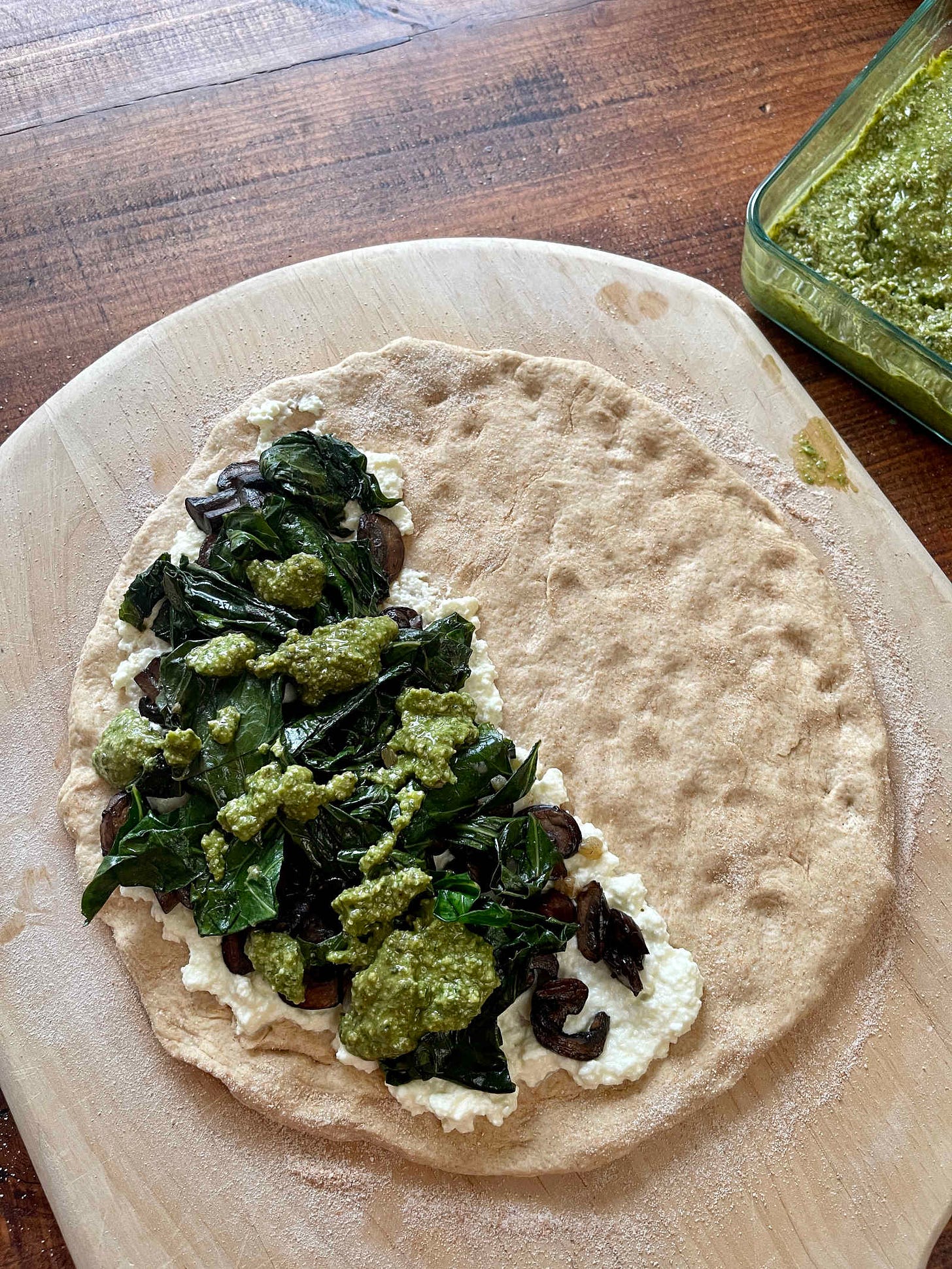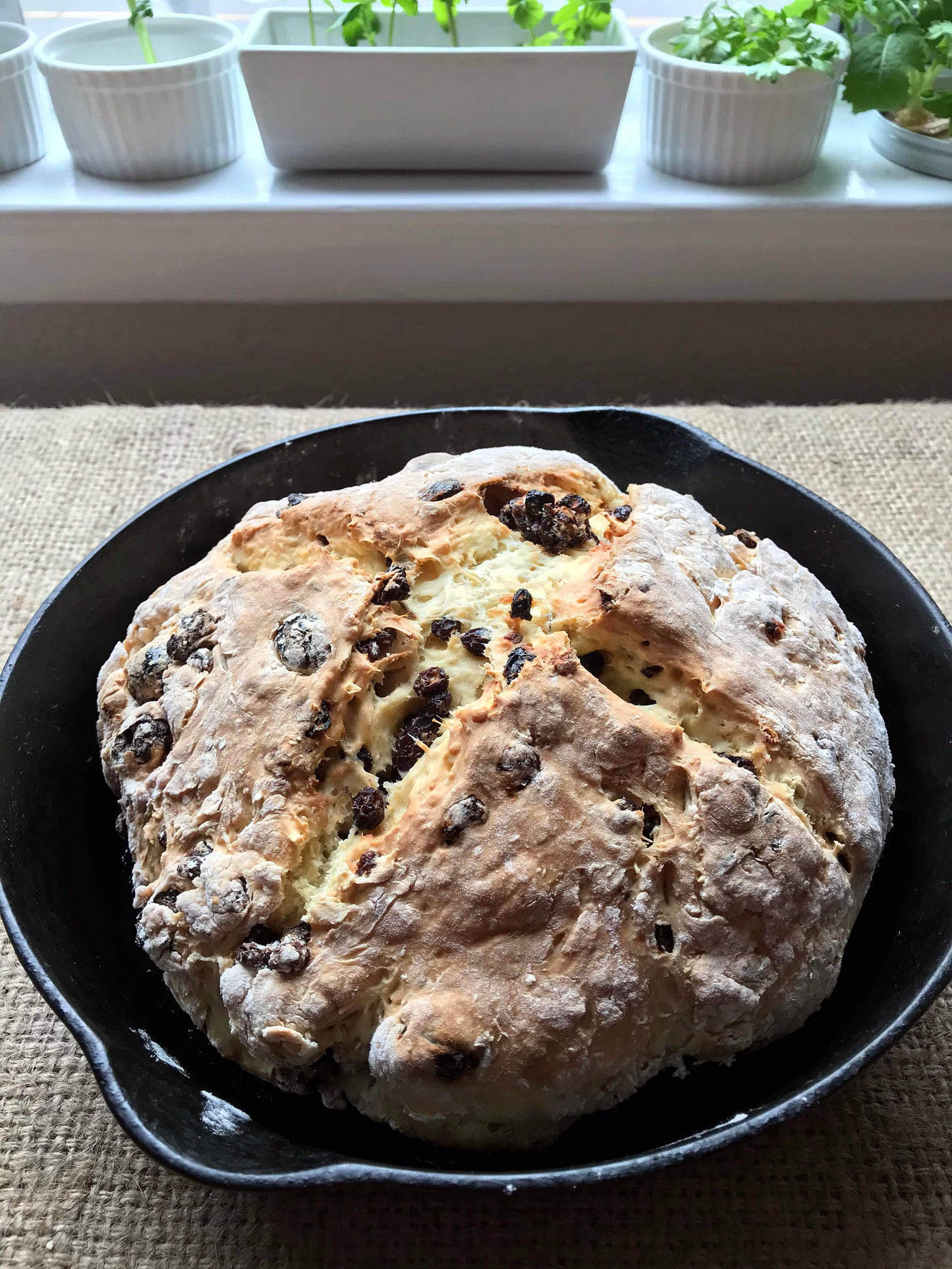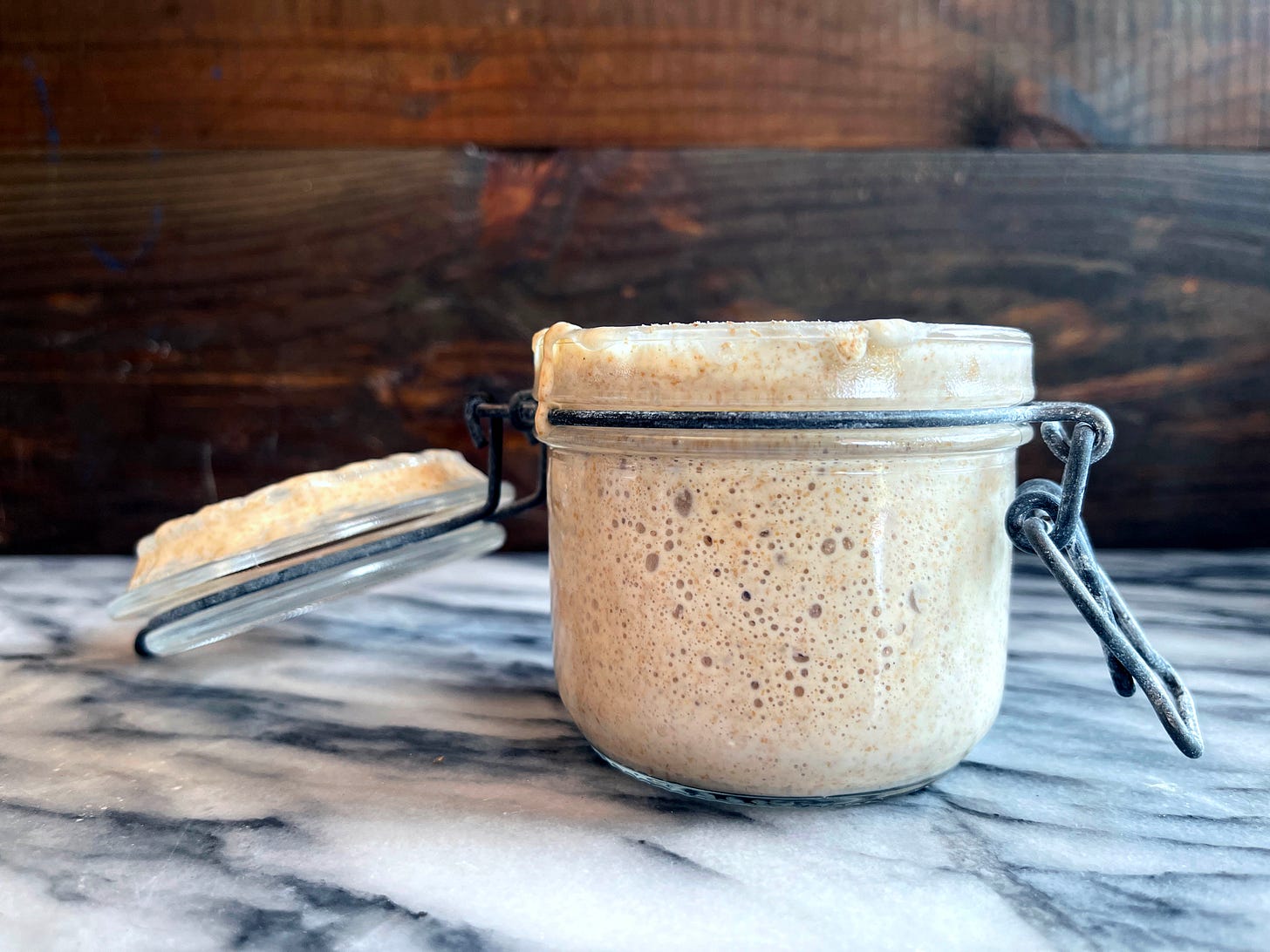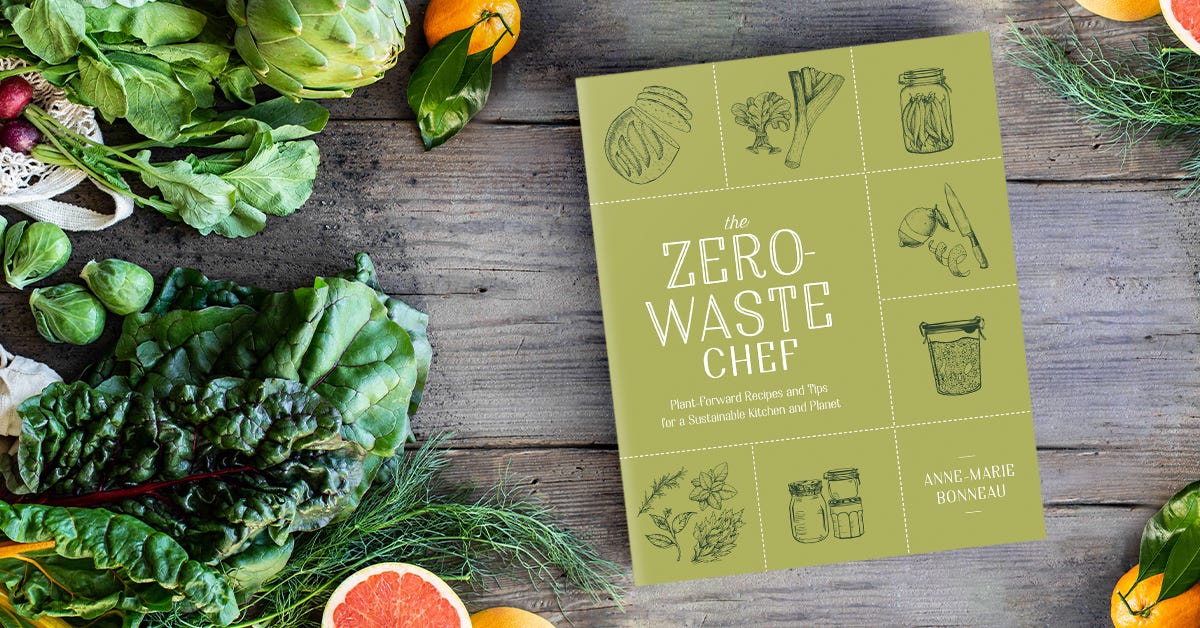I wash so many dishes that I sometimes dream I’m standing over the sink washing dishes. When I have this lucid dream / nightmare, I tell myself, you do enough dishes during the day, stop doing them in your sleep! The unconscious dishwashing immediately stops. But the conscious dishwashing never does.
Our dishes tend to pile up because I cook lots of staples from scratch—pasta, sourdough bread, the yeast for the bread… I also use jars for all the things (fermenting, shopping, freezing, storing). I consider the dishes a small price to pay for the scrumptious food.
These tips will help reduce the number of dishes you wash while conserving precious resources—water, energy and your time.
Own fewer dishes
If we had 100 cups in our cupboard, at some point, I would find 100 dirty cups scattered throughout my home. I haven’t tested this hypothesis but base it on many years of observation. With fewer cups available to dirty, we (I) never come across a daunting number of cups to wash. Owning fewer cups also increases the likelihood that family members will reuse a “dirty” cup they drank water out of earlier in the day.
Banish specialty tools
If you have your heart set on this $24 pancake batter dispenser to make uniform sized-pancakes, for example, try reusing the measuring cup you poured liquid ingredients into when mixing the batter. Tools designed for only one task create more work because now you have this extra thing you have to wash. And it also requires precious storage space.
Cook one-pot (or one-pan) dishes
Cook one-pot dishes such as chili or chowder or curry and wash, well, one pot instead of two or three. Or cook a meal such as frittata or shakshuka or shepherd’s pie in a cast-iron skillet.
Cook hand-held foods
Utensil- and plate-free foods will cut down on loads of dishes when you entertain. Lately I’ve been making calzone with a sourdough discard crust. Essentially, roll out the dough, fill half the crust with various toppings, fold the dough across the filling and seal the edges by pressing them together with wet fingers. Bake, slice, eat—no utensils needed.

Use your hands as tools
For the calzone above, I used my hands to shape the dough ball into a disk. With my knuckles, I pushed the ball down and out, adding more flour as I continued to stretch and move the dough around until I had formed a flat round. Although my tapered rolling pin does a beautiful job, I’d rather not wash it.
Increase the food-to-dirty-dish ratio
If you’re about to mess up the kitchen, make it worth your while and triple a recipe. You’ll yield three times the food for the same number of dishes—a three-to-one ratio. Freeze some of the food to enjoy later.
Plan your cooking strategy
Let’s say you crave pastry—always a good idea! I prefer to make pastry quickly in a food processor but dislike washing the food processor bowl. So I’ll use it at least a couple of times before washing it. While the pastry chills, I might switch out the blade for the slicer disk to cut uniform apple slices for an apple galette. If I made lots of pastry, in the now-empty bowl, I could make a lemony filling for a tart. Three uses, one wash, two desserts. Or more if I made extra pastry to bake later.
Cook in cast iron
I almost always bake my aforementioned galettes in cast-iron pans. Cast iron cleans up (usually) with just a bit of water and a loofah or brush to scrub away stuck-on bits of food. Bake those calzones in cast iron as well instead of on a greased cookie sheet for less scrubbing.
If you have a scale, use it
You won’t need to dirty a cup to measure sourdough discard to make these chocolate chip cookies, for example. Everything goes straight into the bowl and the scale renders more accurate measurements.
Eyeball it
If you feel comfortable, eyeball measurements such as two tablespoons of olive oil when cooking (but not so much for baking because chemistry). You’ll wash fewer oily measuring spoons.
Don’t wash clean stuff
A dry scoop doling out flour likely only needs a wipe afterward. Or, keep a one-cup scoop in your flour jar and use it over and over. Similarly, after emptying a jar of dried beans, if it looks clean, refill it with beans without washing it.
Be less picky
I’m not suggesting you serve food on dirty plates but you can drink tea or coffee from the same cup all day and you won’t die.
My sourdough starter Eleanor lives in her jar for months and months. If I get to the bottom of the jar, only then do I wash it. Fermented foods are very safe. The acidic environment they create kill harmful bacteria that may find their way in there. My jar may be crusty but it’s not contaminated. Same with my discard jar. I add and remove discard to it for months. (Go here for more on maintaining sourdough discard.)
Clean as you go
Wiping up spills as they happen, returning ingredients to the pantry after cooking and emptying the compost bucket regularly so the new food scraps occupying your cutting board have a place to go will all make cleaning up more efficient. You also won’t have to search high and low for certain tools or dishes when you need them because your kitchen, even when dirty, will remain somewhat organized.
Scrape dishes immediately after eating
To quickly remove bits of food from dishes, grab a (dirty) fork or knife and scrape the bits into a compost bucket. No water required.
Soak dishes in the sink before washing
Place dishes in the basin of a double sink (stopper closed) or in a dishpan or in a large bowl placed in the sink. As you wash an apple or rinse your hands or fill a glass of water, do it over the basin / dishpan / bowl to catch the overflow and soak the dishes. Washing soaked dishes requires less time and effort.
Rinse a bunch of dishes at once
After washing the dishes, fill that basin / dishpan / bowl with clean water and submerge the soapy dishes in it to rinse them.
Run a (full) dishwasher
A dishwasher will buy you many hours of time. I’m not sure non-efficient models exist today but perhaps my drought-colored Californian lenses have biased my thinking. I did recently see a Cascade ad that urged consumers to wash small loads of dishes (and subsequently consume more product). The ad argued that because today’s dishwashers require much less water than hand washing dishes, running the dishwasher filled with only a few dishes conserves water—assuming hand washing is the only other option. We have a third option: wash full loads and buy less Cascade.
Better yet, buy no Cascade. And you won’t want to after reading ProPublica’s in-depth piece, The Dirty Secret of America’s Clean Dishes.
Our reporting offers a rare look at how the production of a single consumer good — Cascade dishwasher detergent — contributes to elevated cancer risk for an estimated nearly 1 million people in multiple communities across the South.
ProPublica
You’re likely now wondering which dishwasher detergent you should switch to. Check Environmental Working Group’s rankings from least toxic to most toxic. To arrive at these rankings, EWG scientists analyze the ingredients in cleaning products, worker safety documents, governmental and academic information on toxicity and more.
Switch to induction when you buy your next stove
Speaking of appliances… Okay, this may not actually reduce the number of dishes you wash, but you will spend less time cleaning. Gas stoves are a pain to clean (and they pollute our homes).
If you’re in the market for a new stove, consider induction, not only because it emits no methane and heats water lightning fast and lowers your energy bill but also because it cleans up so easily—usually with the mere wipe of a wet cloth.
Go here to read more about induction stoves.
Train your family
Unless you want to do all the dishes yourself. Selling people on benefits is the best way to convince them to do things they may not want to, like chores. Tell your family members how they benefit from adopting the habits listed in this post: they’ll save time; they’ll be able to find a dish or utensil whenever they need it; their hands won’t dry out…you’ll make it work.
Upcoming events
June 14th, 7pm PT. Sunnyvale Public Library free virtual cook-along: Homemade pasta with a simple, fresh tomato topping. Go here for more information and to register.
June 22nd, 4pm PT. Kombucha for the Climate, an online donate-what-you-feel workshop. Learn how to brew kombucha in this class and raise money for climate action. Go here to learn more.







Another: avoid refined oils. Cleaning oil is most of the need for detergent. Without oil you can rinse most dishes. With it, you need to scrub and use chemicals to get rid of it and what they get to stick to plates, etc.
Since I stopped using oil, washing dishes usually means rinsing briefly.
If I have a lot of dishes -- I boil some water, pour in a bowl with some dishwashing liquid and use that with brush or scrubbie...scrub and then rinse all -- less water (learned from my friend in Guadalajara !)